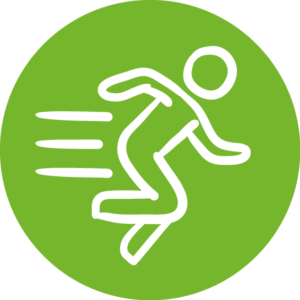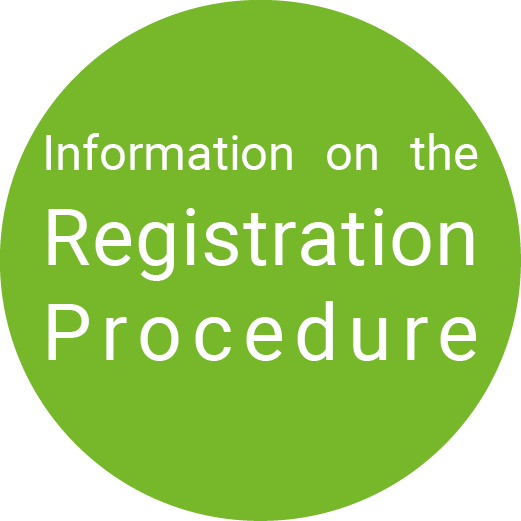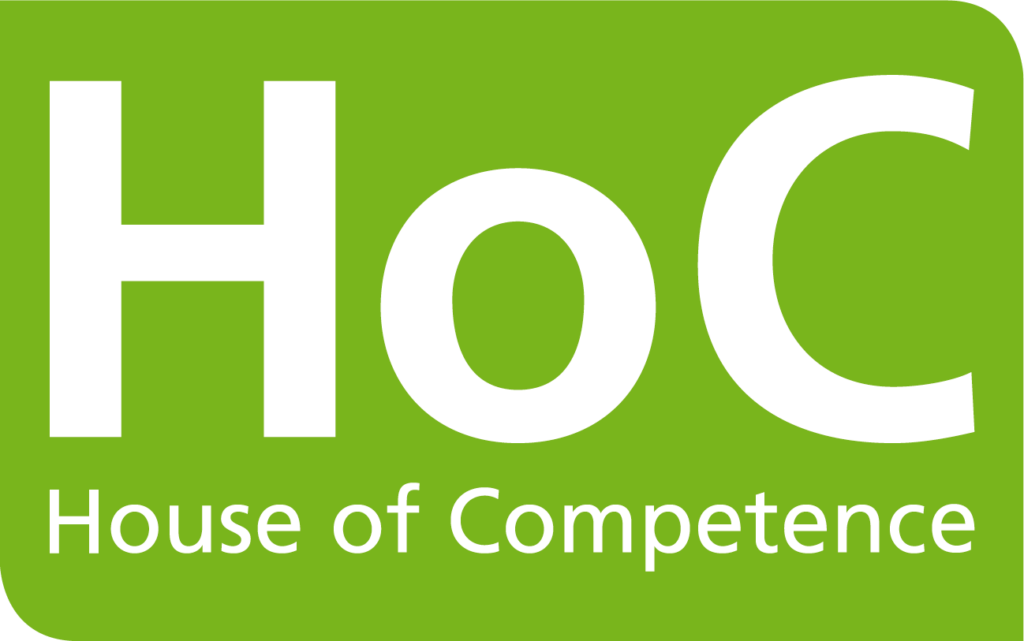Registration period lottery:
11.10.24 (12 noon) –
15.10.24 (12 noon)

If places are available – registration possible until: Currently not possible
Empirical research plays a key role in many degree programs and theses. It is an essential part of the scientific method and a constant source of new and exciting findings. The process of developing an empirical question, collecting data, and analyzing data, however, is complex and involves a variety of decisions that influence the success or failure of a study. Often, seemingly unimportant decisions in the early phases of an empirical project turn out to be very relevant or even a mistakes in the end. At the same time, many problems can be anticipated and avoided in advance. This and a basic understanding of empirical research will be the focus of the workshop.
After attending the workshop
- you will have an overview over ideal-typical research processes and research logics.
- you know central methodological approaches and can classify them.
- you will be able to reflect on how decisions during the research process affect the success of a study and anticipate problems.
- have an idea of how to plan your own empirical projects.
- know where to find further information and support.
The workshop will focus on both qualitative and quantitative approaches and methods.
The seminar will be highly interactive. Participants from different disciplines will share their experiences and work together to develop cross-disciplinary insights for conducting empirical research projects based on concrete examples.
Work Expenditure:
1 ECTS: active participation in the workshop + transfer task
Lecturers:
Alexa Maria Kunz: The data-loving sociologist is deputy managing director at the House of Competence (HoC) and heads the MethodenLABOR there. With her knowledge of research, data collection and analysis, she provides optimal support for students in the field of qualitative research.
Michael Mäs: is a proud sociologist. His research focuses on complex systems such as social networks on the Internet, which he studies using formal approaches and quantitative methods of social research (surveys, network analysis, laboratory and field experiments). He publishes in sociology, economics, physics, biology, and computer science, among other fields.
17.01.2025 10:00 Uhr – 17.01.2025 18:00 Uhr (11.40 Seminarraum 214)


